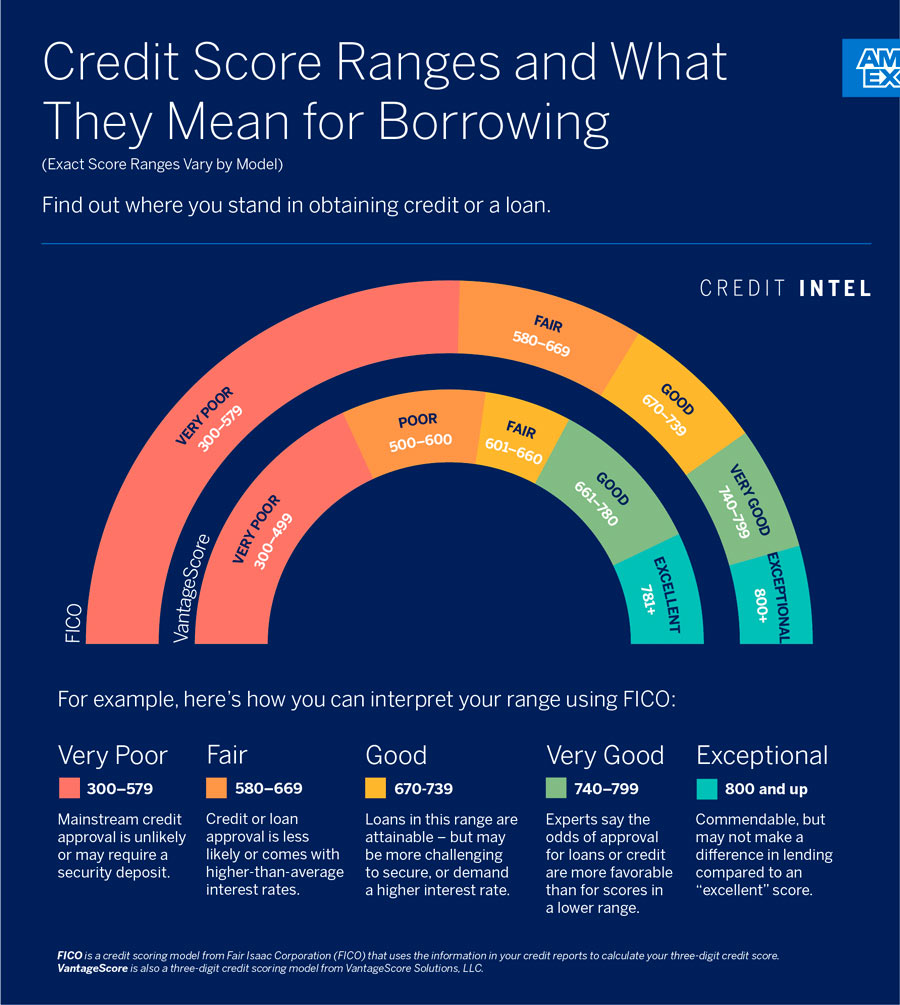

does not include the entire universe of available financial or credit offers.ĬCDC has partnerships with issuers including, but not limited to, American Express, Bank of America, Capital One, Chase, Citi and Discover.ĮDITORIAL DISCLOSURE All reviews are prepared by staff. Other factors, such as our proprietary website's rules and the likelihood of applicants' credit approval also impact how and where products appear on the site. This compensation may impact how and where products appear on this site, including, for example, the order in which they appear within listing categories. The offers that appear on this site are from companies from which receives compensation. All Rights Reserved.ĪDVERTISER DISCLOSURE is an independent, advertising-supported comparison service. If you keep your accounts open, pay them on time and keep your balances as low as possible, your credit will grow old gracefully and your score will stand the test of time.Ĭopyright © 2023 a Red Ventures Company. Opening new accounts will reduce your average age of credit, but will likely have a more significant positive impact on other credit score factors. A closed account will stay on your credit report for up to 10 years, so it will continue to contribute to your length of history long after you make the change. Your length of credit history is a moderately important factor in your credit score however, it’s largely out of your control. However, the boost from increased credit utilization, credit mix and, with responsible use, positive payment history will likely far outweigh any impact to your length of credit history, which makes up a much smaller percentage of your score. Opening a new account can also impact your credit history by lowering your average. That said, closing an account can have a much more immediate impact on your utilization ratio by reducing your available credit. So, the impact on your length of credit history will take some time. Closed accounts that were always paid on time remain on credit reports for 10 years from the date of closure, while accounts with late payments remain for seven years from the date of first delinquency. It simply takes time.Ĭlosing an account is one of the main things that can impact your length of credit history. While there are a number of steps to take to build up other aspects of your credit score, you don’t really have a lot of control over the length of your credit history.
#Credit score ranges by age how to
Of course, you do need to have some length of history in order for scores to be calculated.” How to improve your length of credit history

“It’s really about how you manage the credit you have available. “It’s quite possible for a person with a relatively short credit history to have a score equal to a score for a person with 30 years of credit history,” said Rod Griffin, senior director of public education at Experian.

While there is no golden number to aim for, getting your average age of credit to between six and 10 years is probably a good goal. The more years you can put between you and your first (successful) credit card application, the more your score will benefit.Īs you add new credit, however, your average will drop. Generally speaking, the longer the better. That means a consumer who opened their first credit card three months ago – and had no other loans – would not yet have a FICO score, regardless of how responsible they’ve been with that card. “The minimum amount of credit history needed to generate a FICO score is six months or more on at least one credit account,” said Paperno. How long it’s been since those accounts were used.How long specific account types have been open.FICO breaks down “length of credit history” into three components: Your length of credit history is basically how long you’ve been using credit, and it accounts for 15% of your FICO score. Here’s what you need to know about length of credit history and why it matters. “Generally, the older your length of credit history, the better it is for your FICO score,” said Barry Paperno, a credit scoring expert who has worked for FICO and Experian. Although it’s not the most heavily weighted factor used to calculate a borrower’s FICO score, the length of a borrower’s credit history does matter. To earn a FICO credit score, borrowers need to have at least some credit history. That’s 20 points higher than baby boomers (740) and 74 points higher than millennials (686).īut you don’t necessarily have to be a veteran of credit to have a great credit score. According to 2021 Experian data, members of the Silent Generation still have the highest average credit score (760) of any age group.


 0 kommentar(er)
0 kommentar(er)
